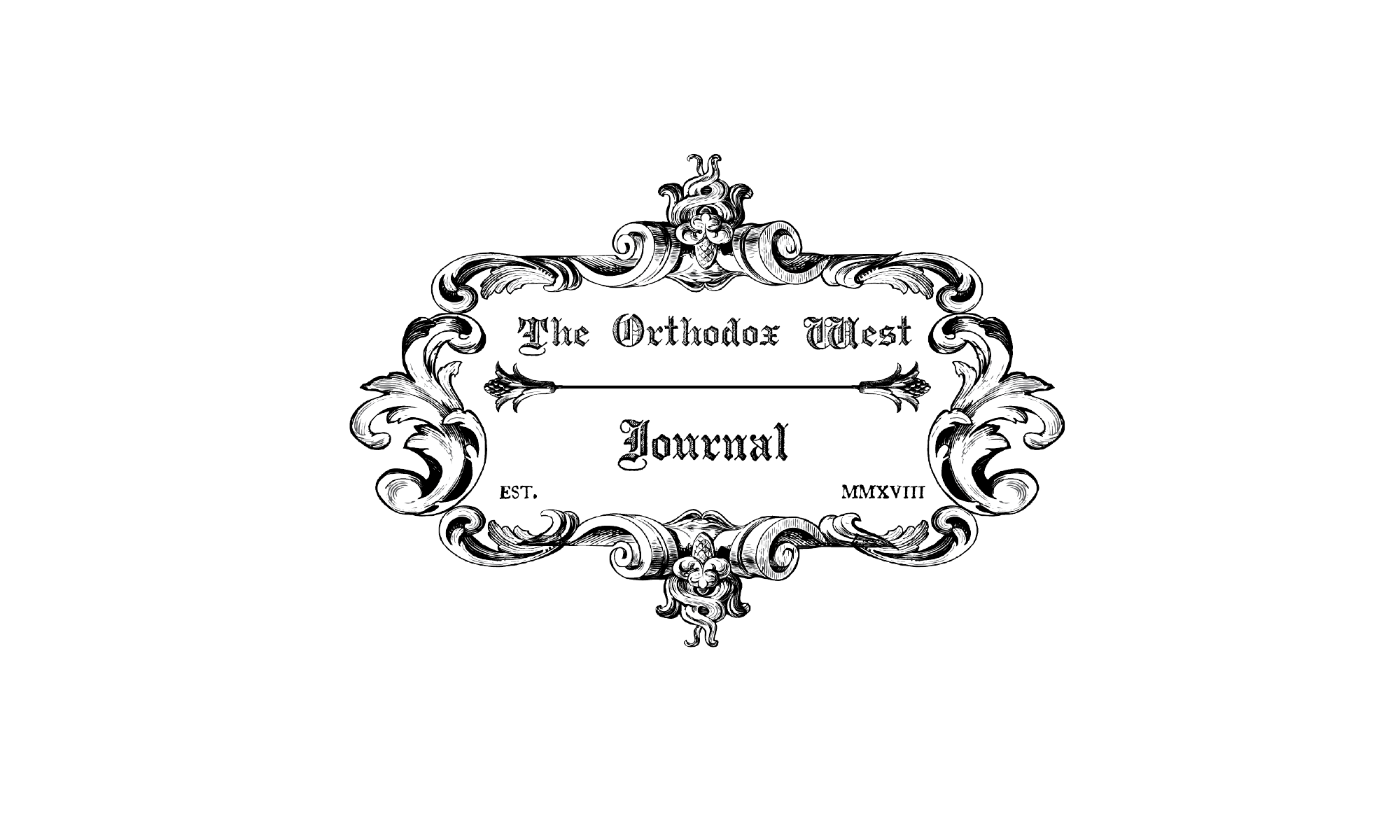By Fr. David McCready
Introduction
When Our Lord Jesus Christ established the mystery of the holy Eucharist, He took bread saying, ‘This is My Body,’ and then took the cup saying, ‘This is My Blood’ (Matthew 26, 26-28; Mark 14, 22-24; Luke 22, 19-20; 1 Corinthians 11, 22-25). For this reason, as well as on account of the Lord’s teaching in the discourse on the Bread of Life (John 6, 22-59), the church has from the very beginning confessed the eucharist ‘to be (εἶναι) the flesh of our Savior Jesus Christ, that flesh which suffered for our sins and which the Father of His goodness raised.’[1] And this is what we confess today. As we say prior to Communion: ‘I believe, O Lord, and I confess … that Thou art truly the Christ … and that this is truly Thine own immaculate Body, and that this is truly Thine own precious Blood.’ Continue reading “Reflections on the Eucharist”
